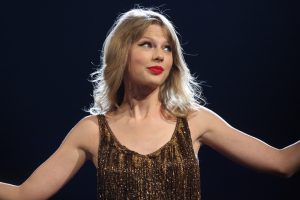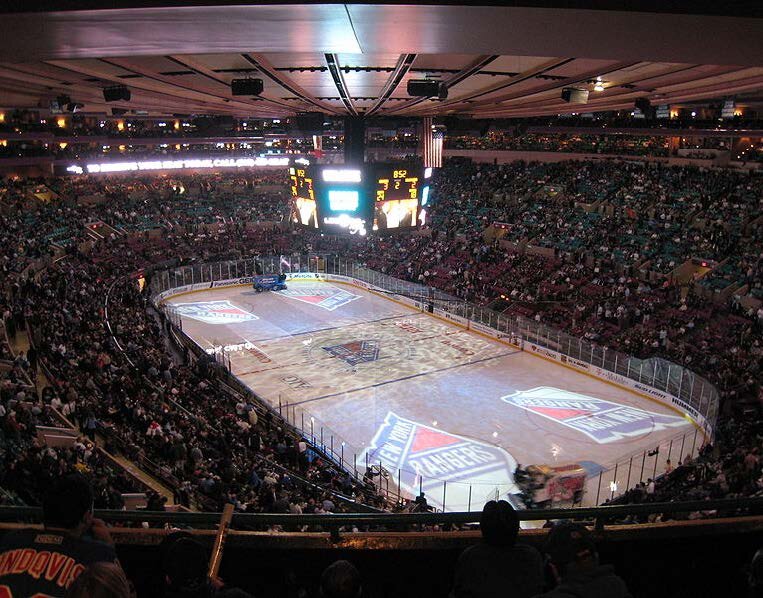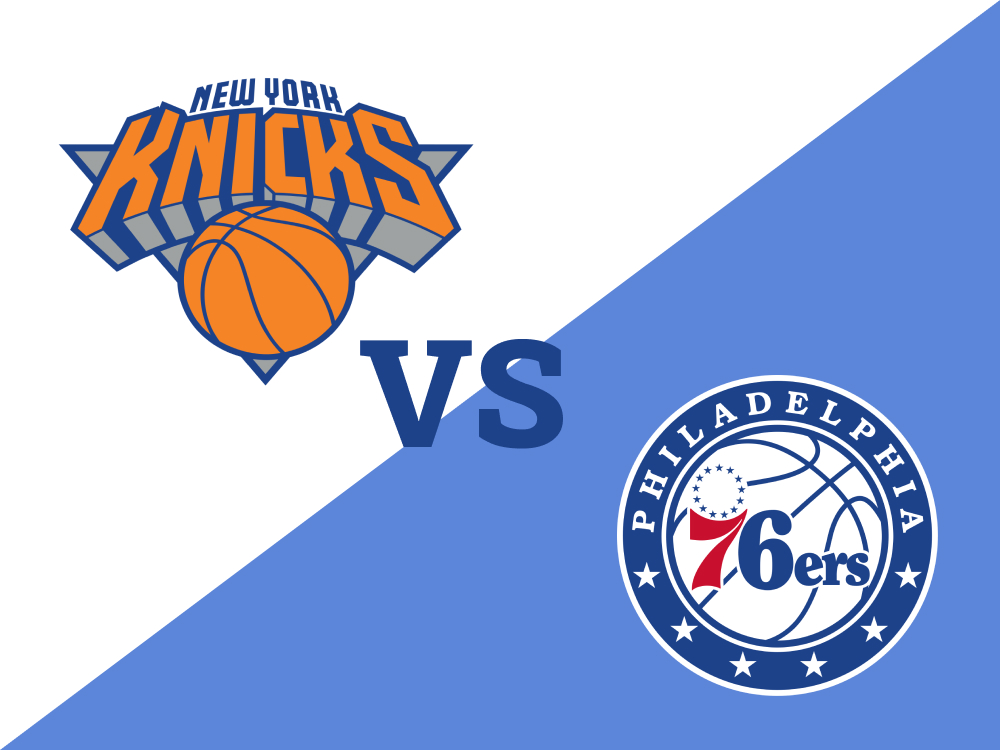Fans accepted that they had to part ways with some of the cornerstones of their contention era for the majority of the past decade, including Mats Zuccarello, Derek Stepan, Rick Nash, Kevin Hayes, Ryan McDonagh and J.T. Miller.
The deadlines of the past were all about sustaining their win-now mentality, which meant trading away future prospects and draft picks for older stars that the Rangers hoped would lead them back to the championship glory that unfortunately never came to fruition.
This time around, general manager Jeff Gorton and president John Davidson knew exactly what the plan was, at the turn of this new decade.
There was a young, up-and-coming team already in place with plenty of hope and excitement for the future.
Now, the rebuild is aided by the presence of superstars such as Artemi Panarin and Mika Zibanejad are on the roster that will surely be core pieces with the team moving forward.
The goal of this deadline was not to be buyers or sellers, but to make the right moves to satisfy a combination of getting younger and infusing the right players that fit into the team’s system and long-term goals.
The Rangers got back into the business of hockey rather than taking comfort in the commerce of kicking the can down the road and hiding behind the organization’s impressive prospects’ rankings.
This meant recognizing the importance of keeping Chris Kreider, who worked through the negotiating impasse that had presented itself before the deadline.
Thus, he became the first core Rangers forward from the 2010s contention-era to escape exile after signing a seven-year extension worth $45.5 million, or $6.5 million annually.
Both sides had to make minor sacrifices, regarding the term and value, but everyone was satisfied in the end.
Kreider is virtually irreplaceable with the package of goal-scoring, speed, power, toughness and tenacity that he provides on a nightly basis.
This deadline was also about the next few years through which Panarin, Zibanejad, Igor Shesterkin, Adam Fox, Kaapo Kakko and Kreider should be at the height of their powers.
In addition, the deadline addressed the next six or seven weeks of the regular season, as the Blueshirts resume their quest for a playoff spot.
However, the team will not have Shesterkin, the Russian wunderkind goaltender that has already taken the Rangers and the league by storm by winning nine of his first 10 starts and solidifying his position as the alpha dog in net for the Blueshirts, for any game over at least the next two or three weeks.
That is because the goaltender will be recuperating from an unfortunate car crash in Brooklyn the night before, in which he suffered a non-displaced fractured rib.
His passenger and teammate, Pavel Buchnevich, was badly shaken but escaped injury.
To summarize the ridiculous day in Blueshirt Nation, there was the news and reverberations from the crash, in which Shesterkin was blameless, and there was the surprising news on Kreider.
Henrik Lundqvist was suddenly restored to backup relevance after weeks of being the odd man out in the Rangers’ goaltending carousel.
Lundqvist announced that he will discuss his possible role as a Ranger with the management team next year.
Amidst all of this, the Rangers did not do what fans expected them to do — make a significant trade.
With Kreider’s new contract extension, the cap space was getting very tight and the future of pending restricted free agents Ryan Strome and Tony DeAngelo with the Rangers were in serious jeopardy.
Time does not stop for anyone and the clock was ticking on Gorton, Davidson, and assistant general manager Chris Drury.
Coming into the day, Jesper Fast was all but gone, as he was due for a major raise when he hits free agency this summer.
His value only skyrocketed after his two-goal effort, including the game-winner, against the San Jose Sharks two nights prior.
However, Fast is still a Ranger at the end of the day, at least until the end of this season.
However, the Rangers did not come out empty-handed in this deadline. They made one trade and it was one that had all kinds of benefits.
They traded defenseman Brady Skjei to the Carolina Hurricanes in exchange for one of Carolina’s two first-round picks in this upcoming draft.
Carolina owns both their own and the Toronto Maple Leafs’ first-round picks, and New York will receive the lesser of the two.
But the real victory from this trade is the cap flexibility that the Rangers created. Skjei was carrying a $5.25 million annual cap hit for the next four seasons after this one.
By clearing Skjei’s contract off their books, the Rangers now have enough room to re-sign both Strome and DeAngelo, who are both due for major paydays after already having career-best seasons.
Skjei was never able to replicate the form he displayed in making the NHL All-Rookie team in 2016-17, or the confidence and swagger he displayed as a newcomer that complemented his skating and decision-making.
A month away from turning 26, the lefty defenseman overwhelmed himself with pressure after signing a six-year deal worth $5.25 million per year before 2018-19, and was inconsistent and often indecisive.
The Blueshirts will have to do some picking and choosing, but they will not have to tear the team apart nor will they have to trade Buchnevich in order to get under the cap.
Whatever maneuvers they make over the offseason, they will be the result of hockey decisions and not due to punitive cap constraints.
The Rangers were decisive that day. They do have to replace Skjei’s 20:41 total ice time per game, third on the team to partner Jacob Trouba and Zibanejad.
His 18:21 per game at even-strength is second to Trouba and his 2:34 a night killing penalties is third to Trouba and Marc Staal.
But the front office made the hockey decision that it would be easier to replace No. 76 on the first pair than to replace Kreider on the top six.
Some options for next year include moving DeAngelo to the left, waiting on Libor Hajek’s readiness and the arrival of K’Andre Miller.
More will be expected of Kreider, retained at the expense of Artem Anisimov, Brandon Dubinsky, Ryan Callahan, Carl Hagelin, Stepan, Miller and Hayes were not.
Although he is not expected to blossom into a 40-goal scorer, the Rangers will need him to be more visible and make more of an impact away from the scoresheet on a consistent basis.
The Rangers kept a key piece of their core, traded a young defenseman who once was projected to be part of the core and acquired a first-round draft pick.
It was a deadline day of hockey business from a franchise that had been away from it for two years, which, for a team with the reputation and the prestige of an Original Six team like the New York Rangers, is two too many.







